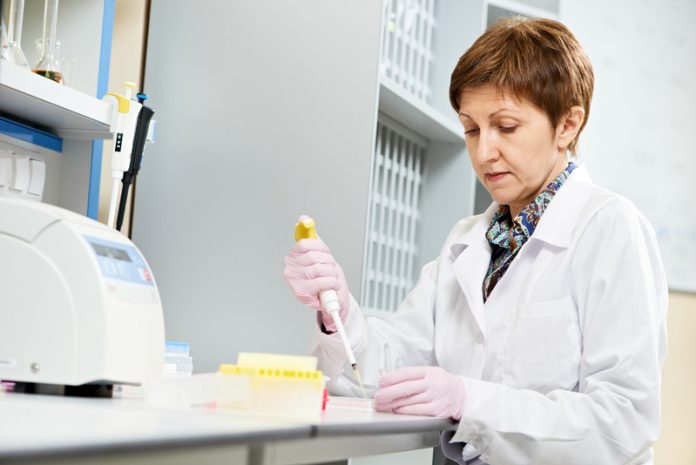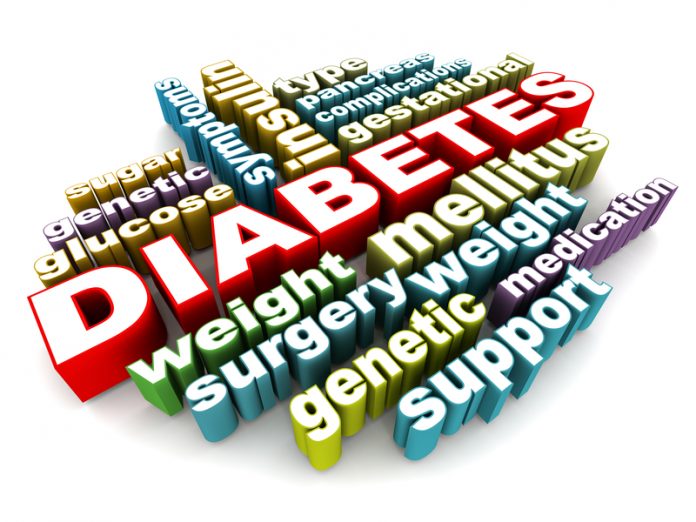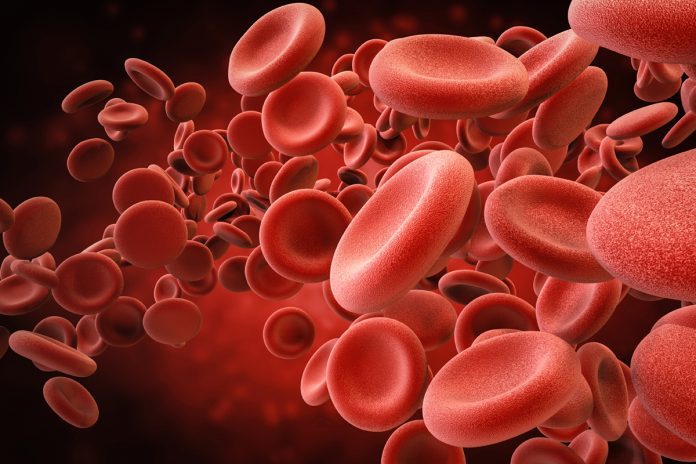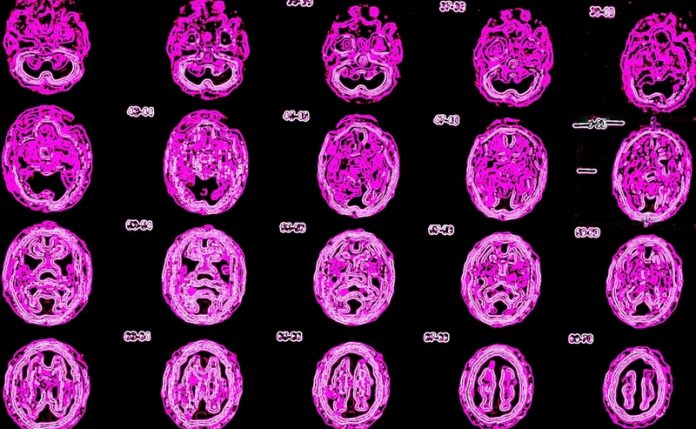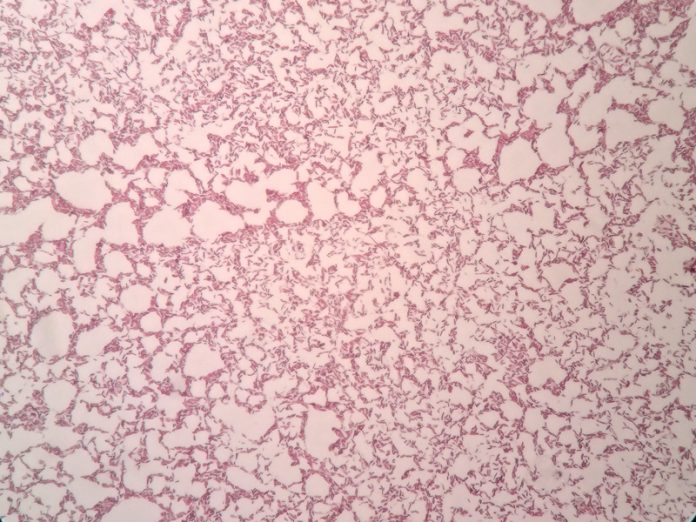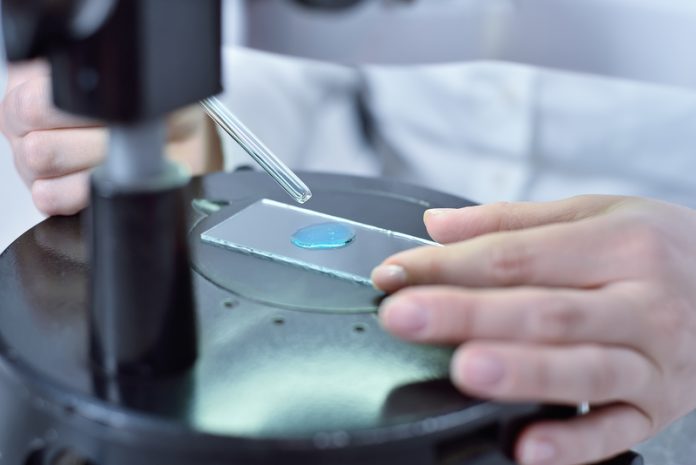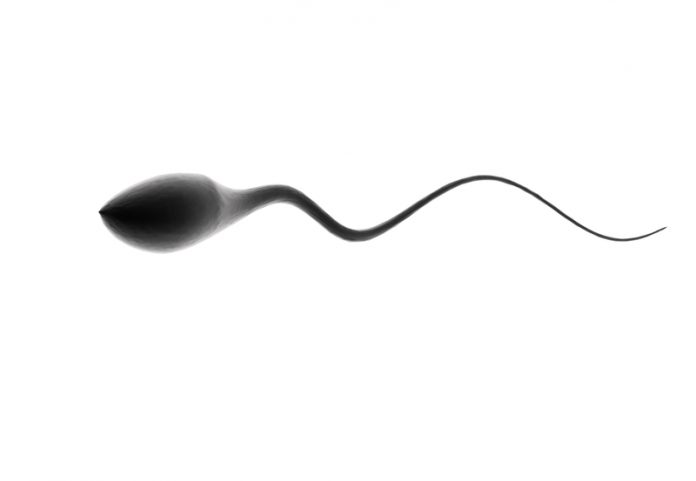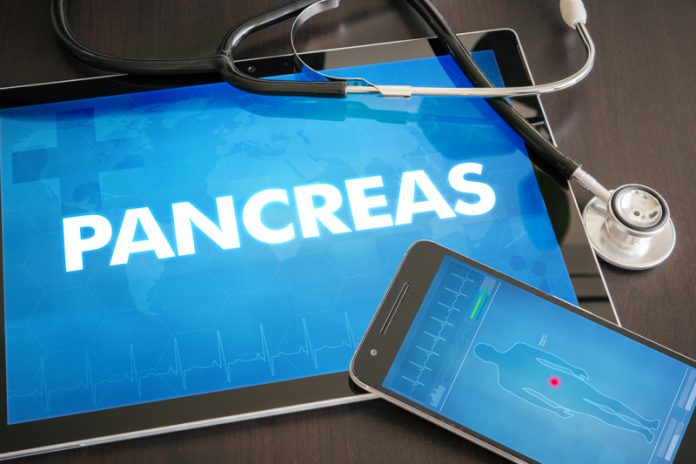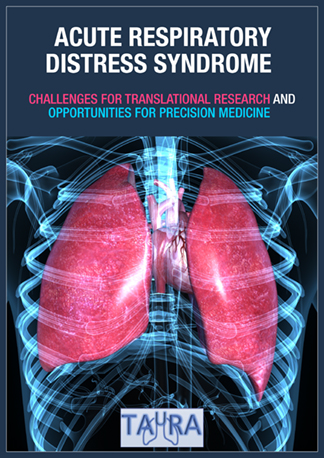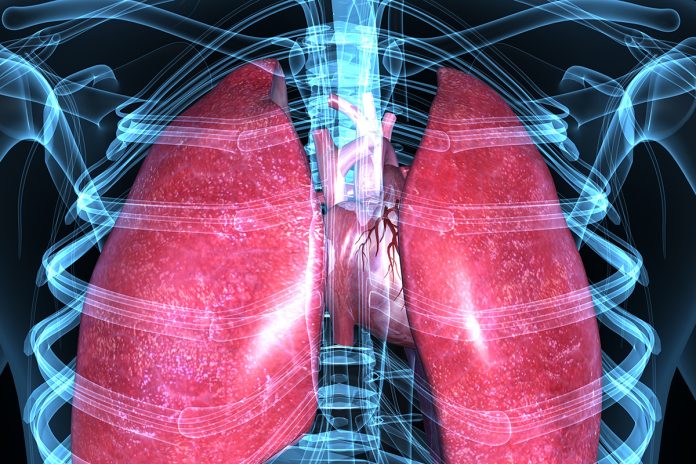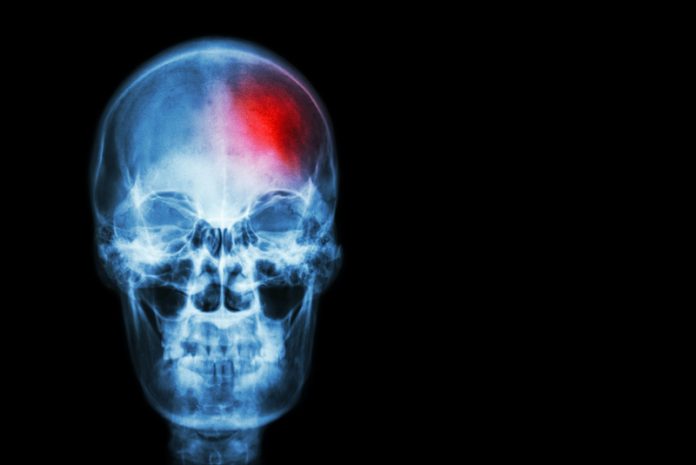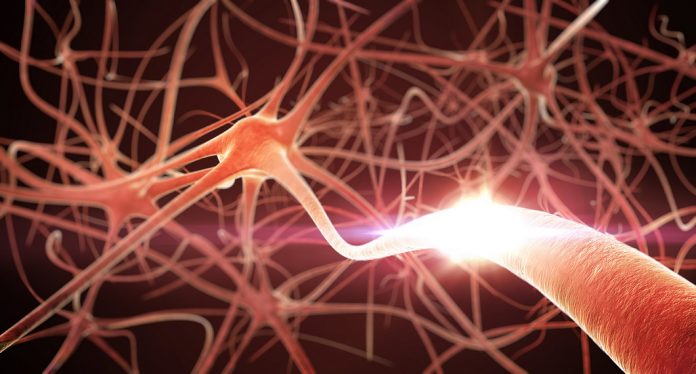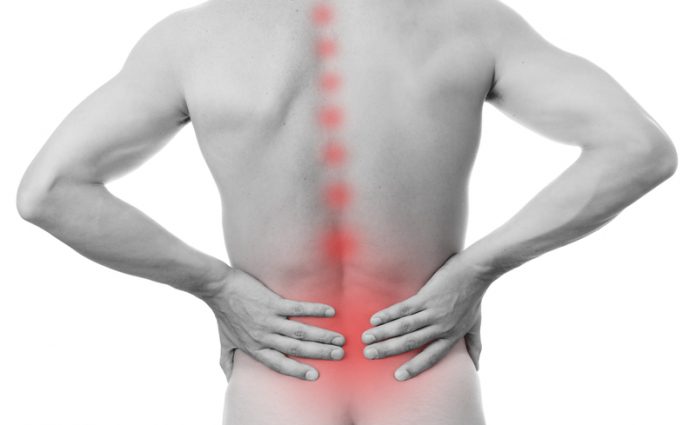Open Access Government produces compelling and informative news, publications, eBooks, and academic research articles for the public and private sector looking at health, diseases & conditions, workplace, research & innovation, digital transformation, government policy, environment, agriculture, energy, transport and more.
Home Search
translational research - search results
If you're not happy with the results, please do another search
Working to treat and prevent Alzheimer’s disease and related dementias
Dr Richard Hodes, Director of the National Institute on Aging within the U.S. National Institutes of Health, explores the importance of working together to treat and prevent Alzheimer’s disease and related dementias.
The diagnosis and treatment of cancer in the United States
The vital work of the National Cancer Institute, part of the National Institutes of Health, is placed under the spotlight here by Open Access Government, including the dissemination of new findings on the diagnosis and treatment of cancer
Disease-associated myosteatosis in people with cancer: Can it be treated?
Can we prevent the muscle loss associated with some cancers? Dr Vera Mazurak at the University of Alberta is looking into one method of treating myosteatosis
Pathological fat infiltration into muscle is a feature of disease-induced muscle loss that significantly associates with shorter survival in people with cancer. Fat is...
Acute respiratory distress syndrome – diagnostics and therapeutics
Cecilia Van Cauwenberghe, from TechVision Group, Frost & Sullivan provides a detailed analysis of acute respiratory distress syndrome, focussing on the evolving diagnostics and therapeutics in the precision era of medicine.
The European Diabetes Forum: Diabetes in Europe today
John J. Nolan, Stefano Del Prato, Juleen R. Zierath from the European Association for the Study of Diabetes e.V. present their approach to address the pandemic of diabetes in Europe today
Agoraphobia, associated anxiety disorders, phobias and conditions
Chief Executive of Anxiety UK, Nicky Lidbetter lifts the lid on the relief and rehabilitation of persons affected by agoraphobia and associated anxiety disorders, phobias and conditions and the extent to which these are treatable and manageable
RELEVANCE of red blood cells and why do we care about them
Anna Bogdanova from University of Zurich lifts the lid on the vital role of red blood cells in keeping the human brain running and heart beating
Billions of red blood cells run in our veins providing us with oxygen. They keep our brain running, heart beating and muscles bringing us...
PET imaging of neurodegenerative diseases
Prof. Dr Axel Rominger from the Ludwig-Maximilian-University of Munich on how neurodegenerative diseases can be studied through PET imaging
Bacterial Cell Biology
Prof. Dr Marc Bramkamp explains how the latest science allow for increased understanding of the subcellular organisation of a bacterial cell
Chemical biology: A chance conversation but an important question
Research professor Prof Colin J Suckling OBE DSc FRSE discusses his engagement with medicinal chemistry and chemical biology
How is the UK supporting biotech to create innovative medicines?
CEO of the BioIndustry Association (BIA), Steve Bates explores how the UK government is supporting biotech in order to create innovative medicines
Human sperm cells, the overlooked sentinel of our living environment
Luigi Montano of the Local Health Authority (ASL) Salerno and Alberto Mantovani from Istituto Superiore di Sanità explore how pollution affects sperm cells
The dilemma of over diagnosis of pancreatic cysts
Dr. Annabelle L. Fonseca et al explain the problems created by current medical guidelines for diagnosing pancreatic cysts
Acute respiratory distress syndrome: complex and under-recognised
Matthieu Jabaudon, Université Clermont Auvergne outlines the complexities of acute respiratory distress syndrome and opportunities for precision medicines
New Foot-and-Mouth Disease virus vaccines
University of St Andrews’ Martin Ryan PhD talks about zoonotic diseases such as Foot-and-Mouth Disease and importance of vaccinations
Understanding acute respiratory distress syndrome
TAURA is a research project that aims to fill in knowledge gaps in acute respiratory distress syndrome. Associate Professor Matthieu Jabaudon explains
Identifying pancreatic cysts that might turn into cancer
There are many challenges associated with identifying potentially cancerous pancreatic cysts. Here, Dr. Annabelle L. Fonseca et al explain
Shining a light on brain functionality after stroke
Professor Saverio Pavone, of the European Laboratory for Non Linear Spectroscopy and Department of Physics highlights the latest advances in stroke research
Preventing Alzheimer’s disease with neuroimaging methods
Ai-Ling Lin of the Lin Brain Lab details how neuroimaging research can be used to reduce brain aging and the impact of Alzheimer’s disease
Identifying novel biomarkers for drug-induced kidney injury
The European Federation of Pharmaceutical Industries and Associations (EFPIA) explain how SAFE-T DIKI is advancing research into drug-induced kidney injury




